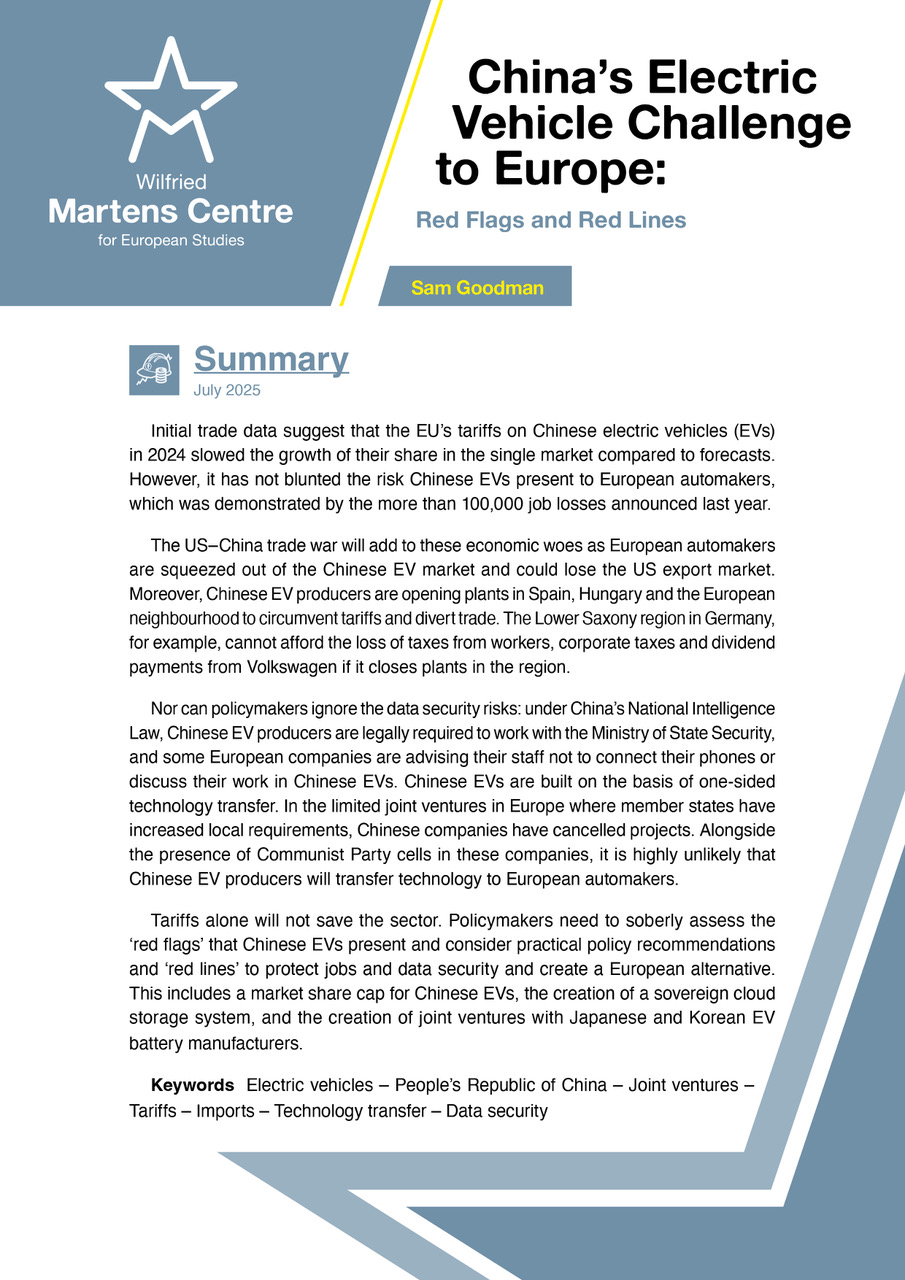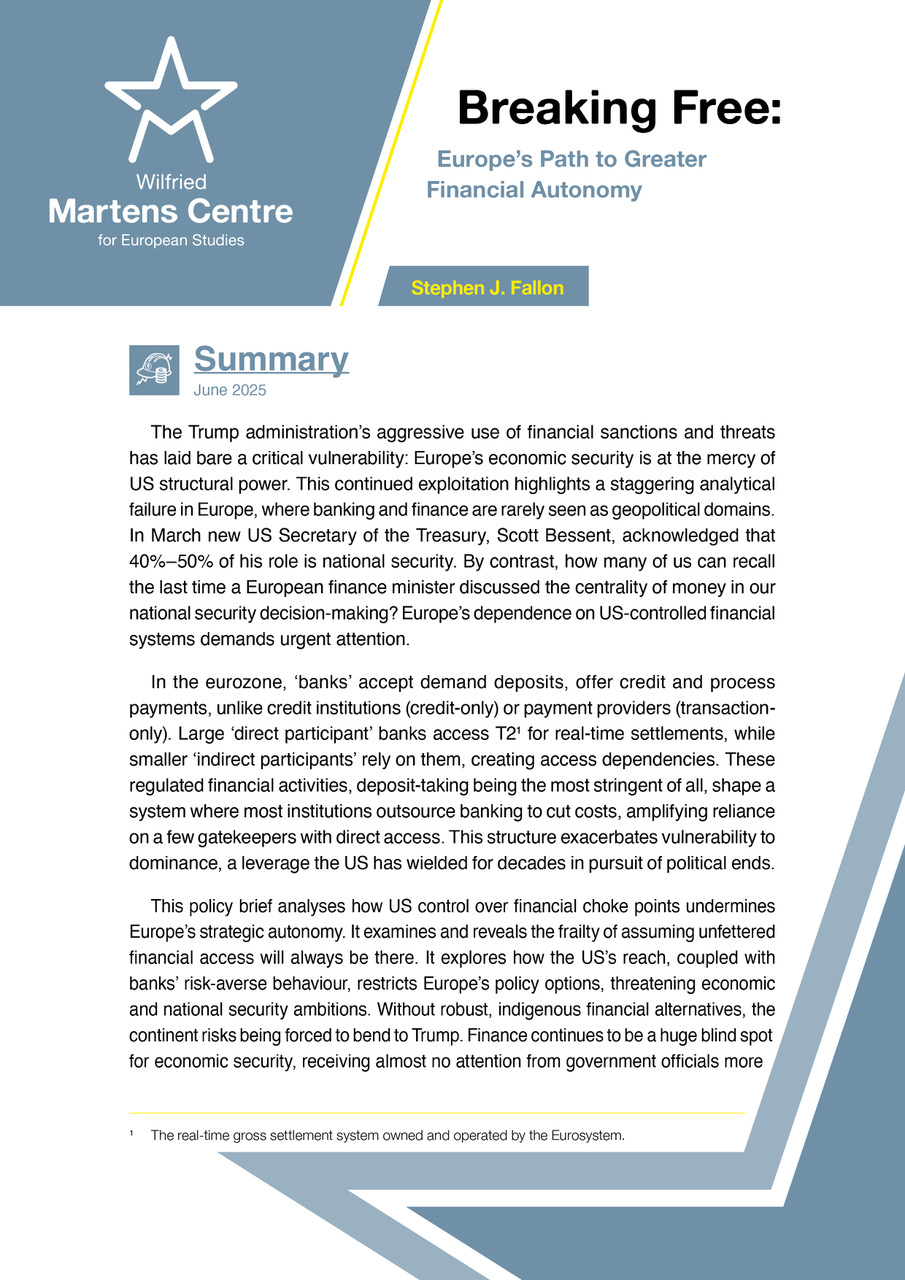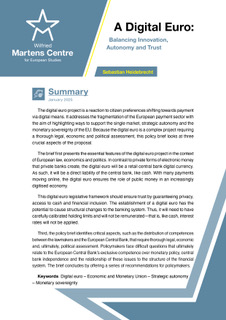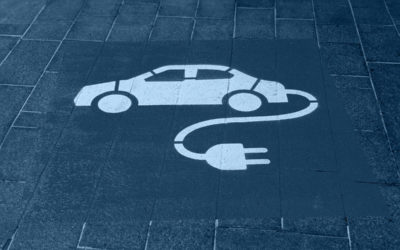Environment or economy? How about both?
04 February 2014
Last week the European Commission tabled energy and climate objectives with a 2030 horizon [see http://ces.tc/1lyt9j6 ]. These proposals update the well-established 2020 goals [see http://ces.tc/1fKI8k6 ] and mark another step in the evolution of the European Union’s (EU) environment policy. They also provide an updated framework for EU climate change policy in the context of the banking and financial crises which have impacted upon the EU since 2008.
A narrative common in many discussions on Europe’s energy policy relates to the perception that the EU, through its constant support for renewable energies and carbon emission reduction, has prioritised longer term environmental objectives over economic performance. Proponents of this narrative argue that a revitalised United States (US) economy, fuelled by a relatively cheap and indigenous shale gas reserve, will alter global energy supply trends and further undermine Europe’s economic competitiveness. In this context, the key question is whether the EU’s commitment to environmental protection is impacting upon economic growth?
However, an analysis of Europe’s longer-term economic growth patterns provides a different narrative. According to the OECD, Europe’s annual rate of economic growth declined continuously from 5.4% in the 1960s, 3.8% in the 1970s to 3.1% in the 1980s. It further declined from 2.3% in the 1990s to just 1.4% in the decade to 2010. Thus, Europe’s slowing economic performance cannot be attributed to the emergence of more environmentally sensitive practices.
Of course, in the short run the EU would be financially stronger by not investing in green energy and longer term emission reduction projects. However, any short term benefit to economic performance would be more than offset by further environmental degradation in the future. The scientific community agrees that fossil fuels are running out and their extraction is at an ever increasing cost. Newly-discovered fuels, such as shale gas, do not provide a sustainable long term solution. For instance, burning of shale gas produces carbon dioxide (CO2) emissions and its extraction produces even more CO2 emissions.
In the long-rung green energy will help contribute to achieving a sustainable energy supply path that balances economic considerations and environmental responsibilities. This will enable energy suppliers serve an ever increasing world population. Transition from our current resource intensive economic growth model to a resource efficient growth model is a must, if the EU, and Europe as a whole, to prosper in the twenty first century. Either we transform our energy production into a resource-efficient, low carbon sector, or the EU’s competitiveness will continue to decline.
ENJOYING THIS CONTENT?























